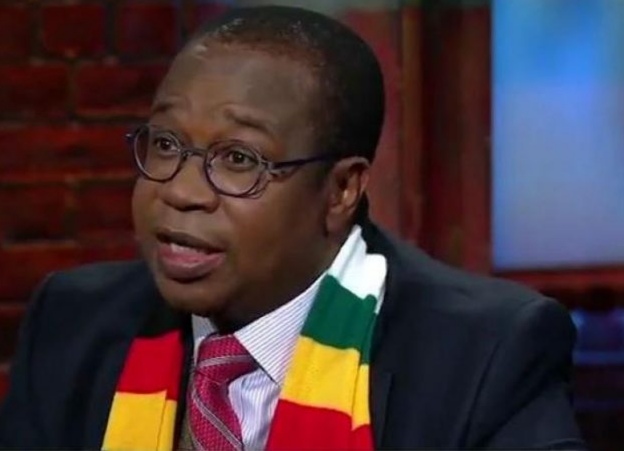Govt pushes for positive ROI from SOEs
The Government says it is committed to ensuring maximum returns on investment from State-owned enterprises (SOEs) by enhancing their performance as the administration strives to moderate the enterprises’ load on the fiscus and promote efficiency.
In his 2023 National Budget Statement, Finance, Economic Development and Investment Promotion Minister, Professor Mthuli Ncube said the Government will be prioritising parastatal reforms agenda guided by the Short to Medium Term Reform Framework (SEPs-SMTRF) and the National Development Strategy 1 (NDS1).
In the current year Government has hinted that it will continue to implement the reforms approved by the Cabinet outside the portfolio of the Mutapa Investment Fund which was created towards the end of 2023.
President Mnangagwa last month announced the official renaming of the Sovereign Wealth Fund of Zimbabwe (SWFZ) to the Mutapa Investment Fund.
The change was implemented through Statutory Instrument (SI) 156 of 2023, which was recently gazetted.
The SWFZ is a State-owned investment fund that was initially established through the balance of payment surpluses, fiscal surpluses, official foreign currency operations, proceeds from privatisation, Government transfer payments, and earnings from resources.
It was first established in 2014 following the enactment of the Sovereign Wealth Fund Act.
As part of the new investment fund, the President added a few shares of State-owned enterprises into the newly created investment fund.
Parastatals and entities listed under the fund include; Defold Mine, ZUPCO, Kuvimba, Silo Investments (GMB commercial arm), National Oil Company of Zimbabwe, Cold Storage Commission, Petrotrade, POSB, NetOne, National Railways of Zimbabwe Holdings & NRZ Ltd, TelOne, ARDA Seeds, Zimbabwe Power Company, Powertel, Allied Timbers, Telecel Zimbabwe, Air Zimbabwe, Industrial Development Corporation, Cottco, AFC Limited and Hwange Colliery.
According to the Minister SOE reforms agenda outside Mutapa will involve the merger of entities that perform almost identical roles like Petrotrade and Genesis to avoid pricey replications and management overload.
The merger of Petrotrade and Genesis Energy is expected to be concluded in the first half of 2024.
The move by the Government is meant to consolidate both companies in order to create a bigger company that has a big capital base and a wider customer pool.
The Government has over the years created investment vehicles and partnered with private sector players through joint ventures, to invest in various sectors of the economy, especially the mining sector.
Through this endeavour, Government seeks to promote good corporate governance practices in public entities.
As such, the Government said it will strengthen the Public Entities Corporate Governance Act by reviewing some of its provisions in line with best practices.
Finance and Economic Development Minister, Professor Ncube noted that the Government earmarked the completion of some State enterprises reform going forward.
“The Government is determined to not only ensure that it starts getting a return from its investments but also expects SOEs to create employment and contribute positively to the growth and development of the economy.
“As part of the SOEs Reform Agenda, the Government is addressing the conflict of interest that arose from line Ministries exercising both the ownership and regulatory functions which undermined progress on implementation of critical reforms required to improve performance, as well as achieve the National Vision,” said Minister Ncube.
He said through Performance Monitoring System, the Government will continue to strengthen performance monitoring, in particular, the implementation of the performance contracts initiative for Boards and senior management of public entities.
As such the Government will develop a performance monitoring framework that ensures role clarity among the existing Ministries, Departments and Agencies (MDAs) Economist Miss Josephine Zikomo said it was a good move that the Government was getting serious with SOE reforms as they help in restructuring and improving the functioning of State-owned enterprises (SOEs).
She said these reforms usually involve implementing measures to enhance efficiency, transparency, accountability, and competitiveness in SOEs.
“These reforms aim to make SOEs more efficient, responsive to market dynamics, and sustainable in the long run.
“They are often driven by the need to reduce Government interference in the economy, promote competition, attract private investment, and improve overall economic performance,” added Ms Zikomo.
-herald










